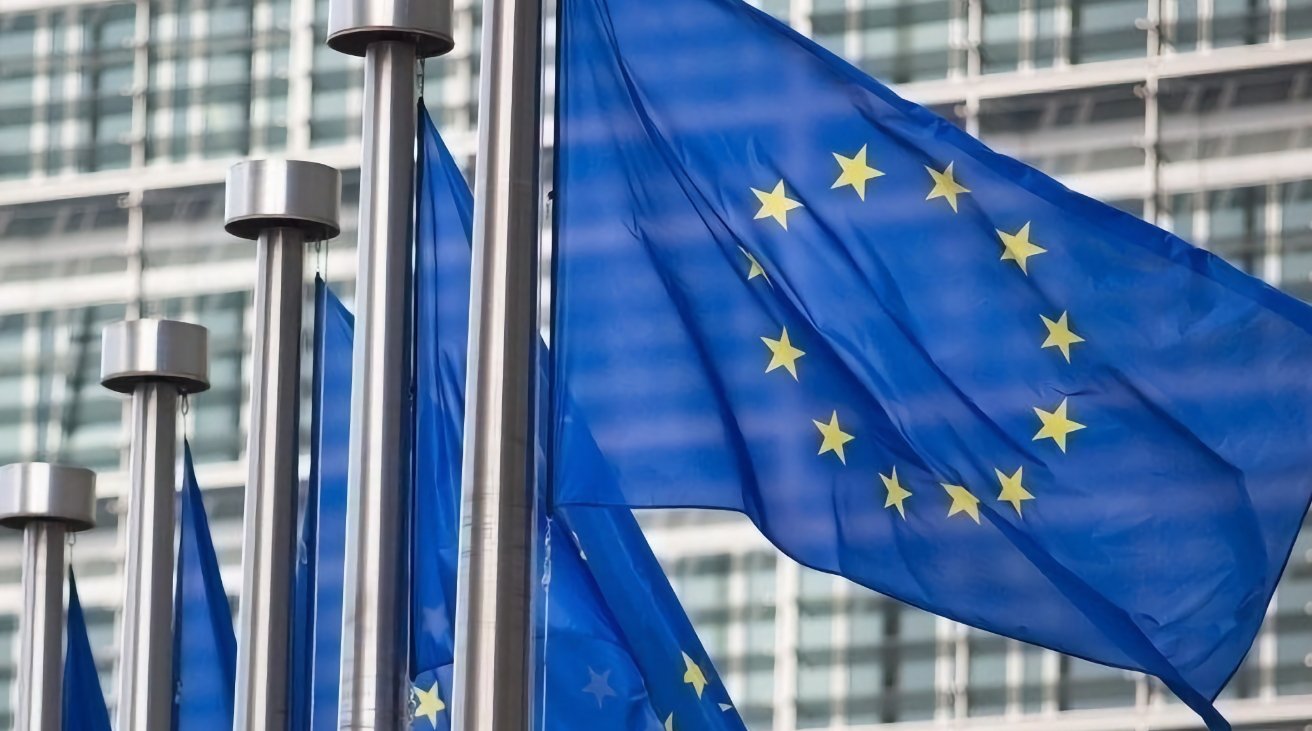
Apple has introduced new fees and conditions for app developers in the EU

Apple has revised its App Store fees and requirements for developers in Europe, following pressure from the EU.
In late June 2024, the European Union announced a preliminary finding that said Apple was in breach of the Digital Markets Act (DMA). Specifically, the EU said that despite its commitments, Apple was not yet fully complying with the DMA’s rules regarding steering, the ability for developers to communicate offers to users.
Now Apple has announced a revision to its terms for developers in the region, which includes a lifting of its restrictions on promoting offers. From the fall, developers will no longer be required to follow any approved wording or templates, and Apple will also no longer limit what app makers can direct users to.
So as well as informing users of particular offers that are available on the app developer’s own site, they can now link to other channels. That means promoting their services that are on alternative marketplaces, included in other firms’ websites, or in other apps.
Apple says that developers will also be freed of constraints or requirements over the design of their promotional offers within the app. Plus, there can be any number of links throughout the app, and new developer documentation says that the links can “be tapped, clicked, or scanned, to take users to their destination.”
Users will still be prompted that they are buying from the developer instead of Apple, through a disclosure sheet. However, that sheet can now be turned off by users.
New fee structure
As part of updating the steering conditions, Apple has also changed its fees specifically for developers directing users to purchase using these links out. Previously, Apple charged a reduced commission, plus its controversial Core Technology Fee for the use of its services.
That Core Technology Fee remains, although Apple stresses that it will apply to less than 1% of iOS apps. The reduced commission, though, is being replaced by two other charges.
The first is an Initial Acquisition Fee. Apple will charge developers 5% of any purchase of services or digital goods made by a new app user during the first year following the initial download, if the app uses links to direct users out of the App Store.
“This fee does not apply to transactions made by customers that had an initial install before you make your app available with the entitlement profile to link out,” notes Apple.
This is a charge that Apple says reflects how it is the App Store that introduces users to apps. The company’s second new charge is a Store Services Fee which the company says reflects the value of its features such as app distribution.
The Store Services Fee will be 10% on the sale of digital goods and services that are made on any platform, for 12 months following the installation of an app that has links out for purchasing.
Significantly, the definition of an app installation includes both re-installs — so after a user has uninstalled and then changed their mind — or the app has been updated. The 12-month period starts again from the point the app is re-installed or updated.
These are the terms for new developers but ones already working under Apple’s existing terms within the EU, can choose to take on the new linking options. If they do, the Store Services Fee is increased to 20%.
Apple says, though, that there is a reduced rate of for the Store Services Fee which apples to developers on the company’s Small Business Program, and “subscriptions after their first year.” For developers signing up to the terms now, that reduced fee is 5%, while for developers already on the existing terms, it is 7%.
The company claims that this will cover the majority of developers, but it has not given any figures.
It has said that these fees “do not apply to auto-renewals of subscriptions entered into previously, or to sales made pursuant to your use of an alternative PSP [Payment Service Provider] or Apple’s In-App Purchase system.”
When the new fees come into effect
Apple is now releasing details of the new terms to developers, along with documentation. Users won’t see any differences until an unspecified time in the fall, when Apple will incorporate the changes in an iOS update.
According to Apple, the changes will mean lower charges for developers linking out through the App Store. It also means that they will have much greater flexibility over what and where they link to.
The changes follow the EU’s preliminary report saying that Apple has failed to comply with the DMA’s steering requirements. As well as these changes to its terms, Apple has the opportunity to make a case arguing against this finding.
Following Apple’s arguments, the European Commission will decide whether or not to fine Apple for non-compliance. The EU has previously fined the company $2 billion over allegedly favoring its own Apple Music over the more successful Spotify.




